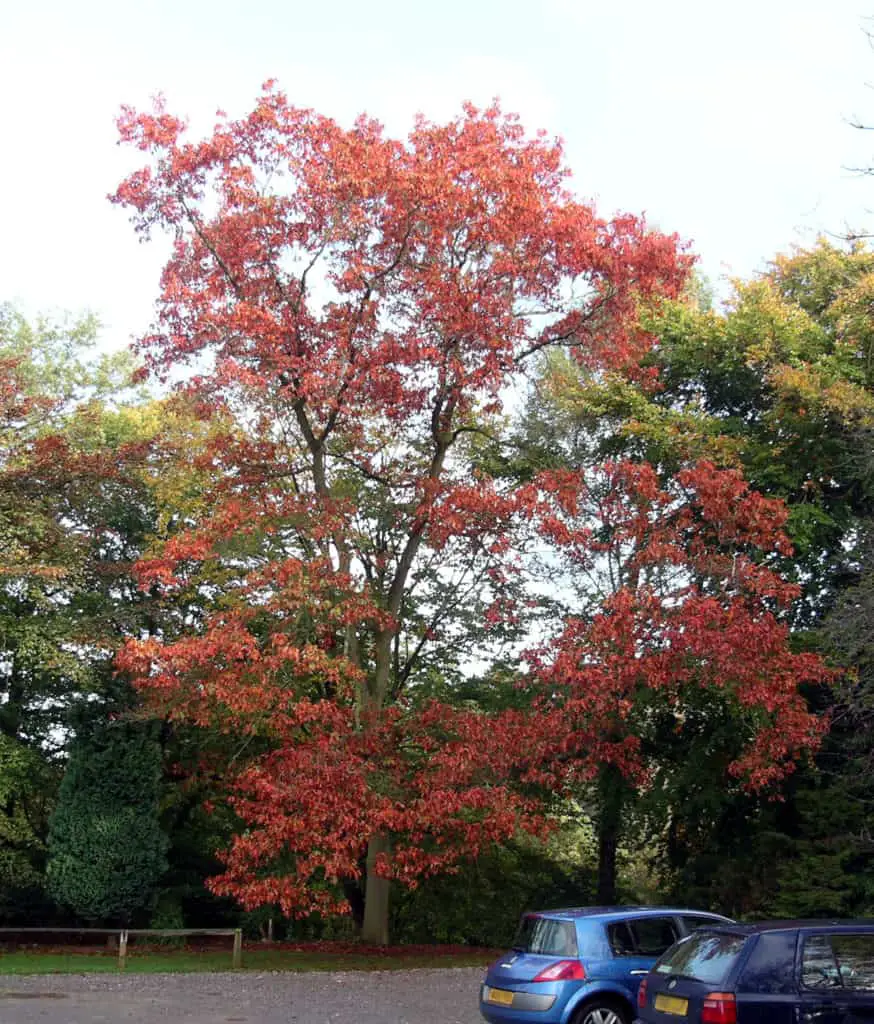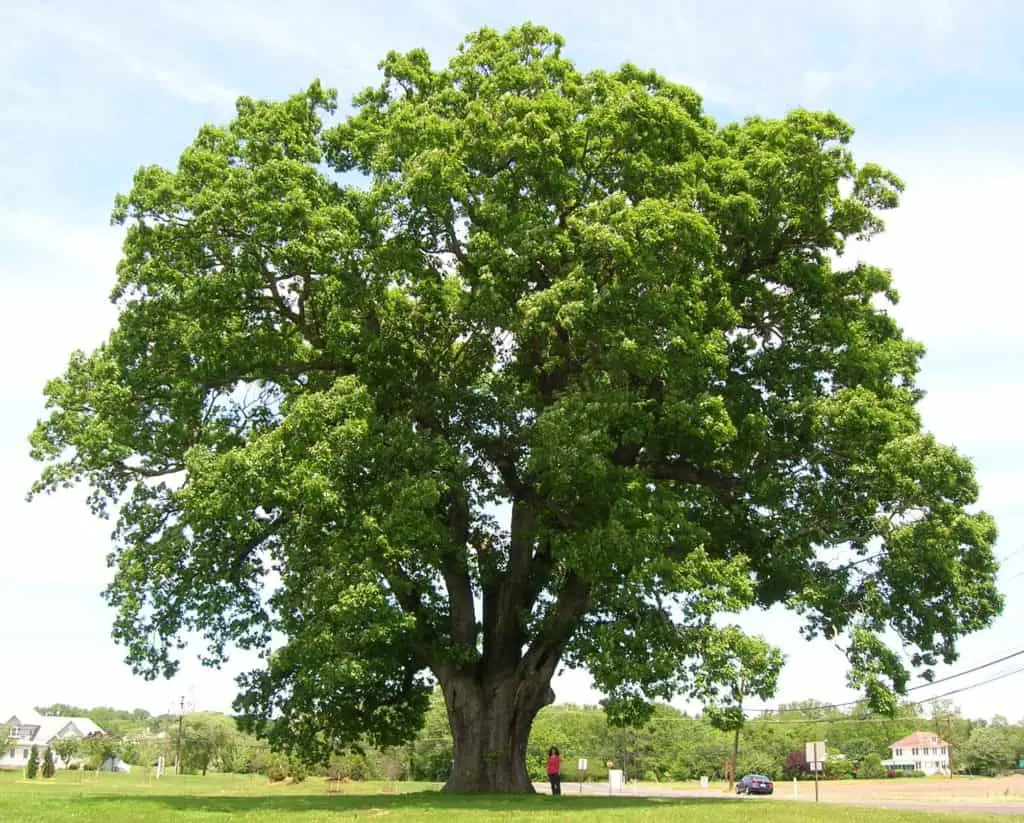Coconut wood is a type of hardwood that is derived from the trunk of the coconut palm tree. It is a popular building material in tropical areas, especially in Southeast Asia and the Pacific Islands. Here are some of the advantages and disadvantages of using coconut wood:
Advantages:
- Sustainability: Coconut wood is a sustainable resource as it is made from the trunk of the coconut palm tree which is a renewable resource.
- Hardness: Coconut wood is a hard and durable wood that can withstand harsh weather conditions, making it suitable for outdoor use.
- Aesthetics: Coconut wood has a unique appearance with a beautiful grain pattern that can be polished to create a smooth and shiny finish.
- Resistance to pests: Coconut wood is resistant to termites and other insects that can cause damage to other types of wood.
- Coconut wood is also used to make kitchen utensils, such as spoons and bowls, due to its non-toxic and non-reactive properties.
- Enviroment-friendly– The wood is harvested from coconut palm trees that no longer bear fruit, so it is a byproduct of the coconut industry.
Disadvantages:
- Availability: Coconut wood is not widely available and can be difficult to source, which can make it more expensive compared to other types of wood.
- Processing difficulties: Coconut wood can be difficult to work with due to its high density and toughness, which can make it challenging to cut and shape.
- Sustainability concerns: While coconut wood is a renewable resource, some experts have raised concerns about its sustainability due to the demand for coconut products, which can lead to deforestation and the destruction of natural habitats.
- Limited uses: Coconut wood is not suitable for certain applications such as load-bearing structures as it may not have the required strength and stability.
Coconut wood vs other woods
Here’s a comparison table of coconut wood with some other similar woods:
| Wood Type | Hardness (Janka) | Durability | Resistance to pests | Availability | Sustainability |
|---|---|---|---|---|---|
| Coconut Wood | 1,070 | High | Resistant | Limited | Sustainable |
| Teak Wood | 1,155 | High | Resistant | Widely available | Sustainable |
| Mahogany Wood | 830-1,070 | Medium-High | Susceptible | Widely available | Unsustainable |
| Cedar Wood | 350-900 | Low-Medium | Susceptible | Widely available | Sustainable |
As seen from the table, coconut wood is comparable to teak wood in terms of hardness and durability, and has better resistance to pests.
However, availability of coconut wood is limited compared to teak wood, which is widely available.
Mahogany wood is also comparable in hardness to coconut wood, but is more susceptible to pests and is considered an unsustainable resource.
Cedar wood, on the other hand, is much softer than coconut wood, but is widely available and sustainable.





